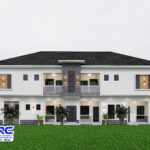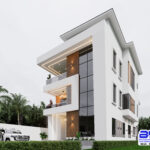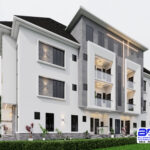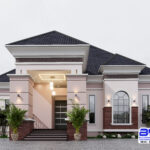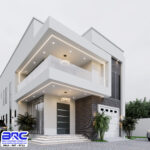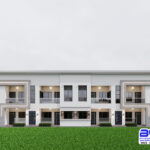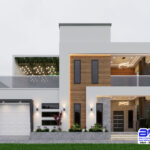Flooring is a critical part of any building, influencing aesthetics, durability, maintenance, and cost.
In Nigeria, different flooring materials are used based on budget, climate, location, and intended purpose.
Some materials offer luxury and durability, while others provide affordability and ease of installation.
Bullionrise consult will highlight the main flooring materials in Nigeria, their advantages, disadvantages, and best uses, and help you decide which is better for your project.
Table of Contents
ToggleSee also – 14 Interior Design Ideas for Small Houses in Nigeria
1. Tiles (Ceramic, Porcelain, and Marble)
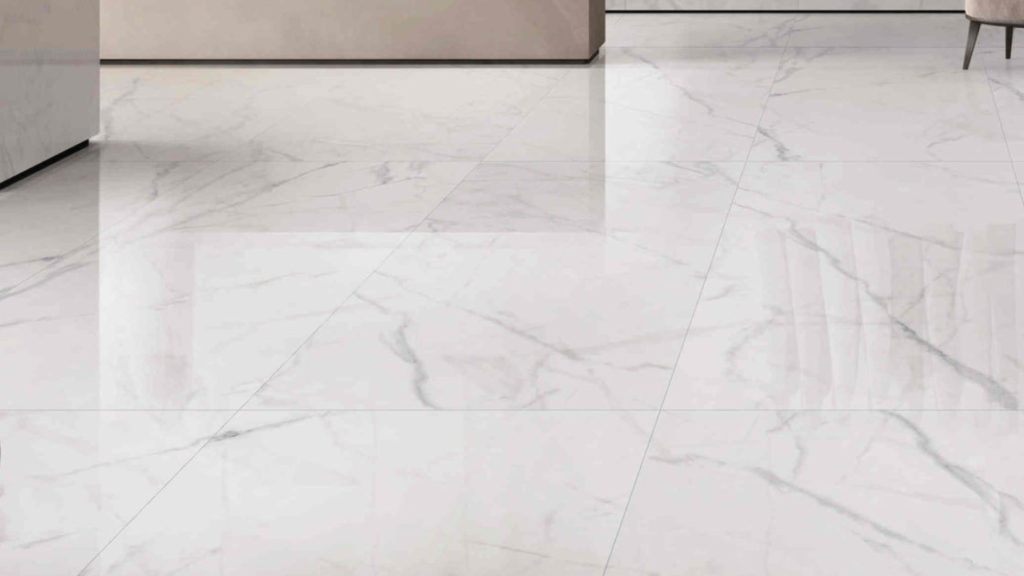
Tiles are among the most common flooring materials in Nigeria due to their durability, ease of maintenance, and variety of designs.
Types
- Ceramic Tiles – Affordable, water-resistant, and available in various styles.
- Porcelain Tiles – More durable and scratch-resistant than ceramic tiles.
- Marble Tiles – Expensive but elegant and luxurious.
Pros
- Durable and long-lasting
- Water and stain-resistant
- Easy to clean
- Available in various designs
Cons
- Can be slippery when wet
- Cold underfoot in colder regions
- Marble tiles are expensive
Best For
Living rooms, kitchens, bathrooms, and offices.
2. Concrete Flooring
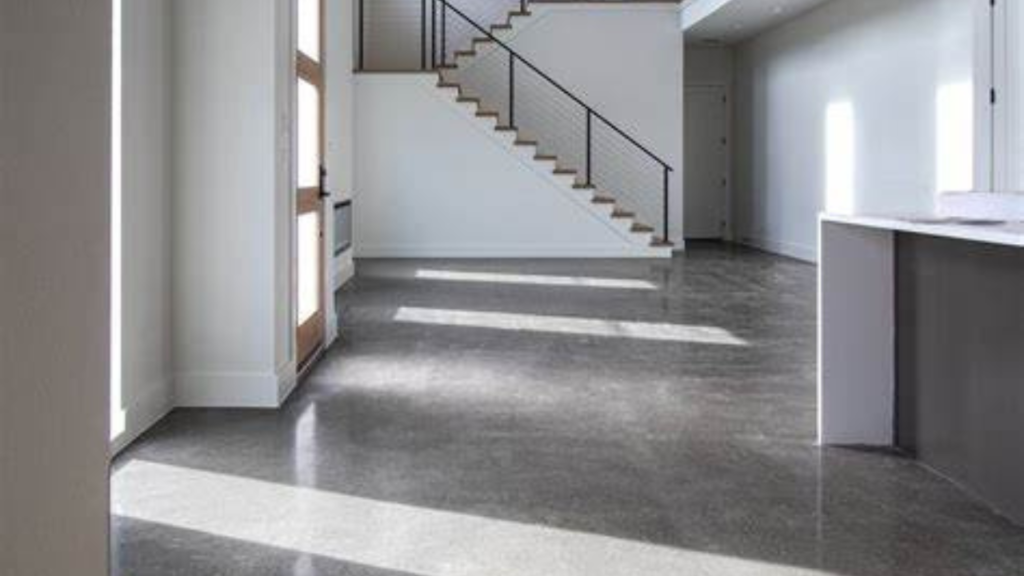
Concrete floors are widely used in Nigeria for their strength, affordability, and adaptability.
They can be polished, stamped, or stained to enhance their appearance.
Pros
- Very durable and long-lasting
- Can be customized with different finishes
- Low maintenance
- Fire-resistant
Cons
- Hard and uncomfortable underfoot
- Can crack over time
- Requires sealing to prevent stains
Best For
Warehouses, garages, outdoor spaces, and low-budget housing.
3. Terrazzo Flooring
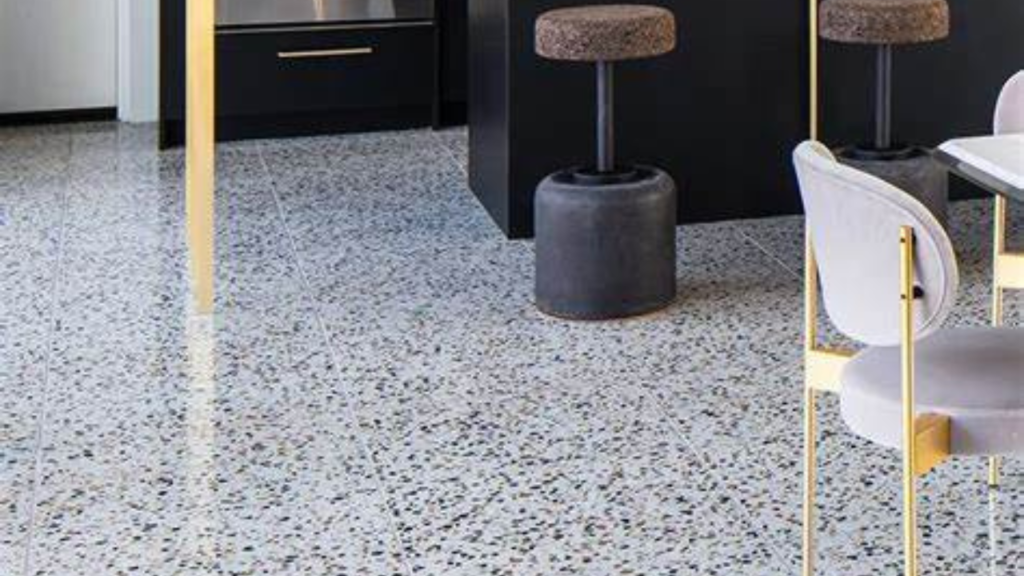
Terrazzo is a blend of marble chips, granite, quartz, or glass set in cement, polished for a smooth finish. It is highly durable and stylish.
Pros
- Extremely durable (can last for decades)
- Scratch-resistant and easy to maintain
- Elegant and luxurious look
Cons
- Expensive to install
- Can be slippery
- Requires skilled labor for proper installation
Best For
High-end homes, commercial buildings, and government structures.
4. Vinyl Flooring
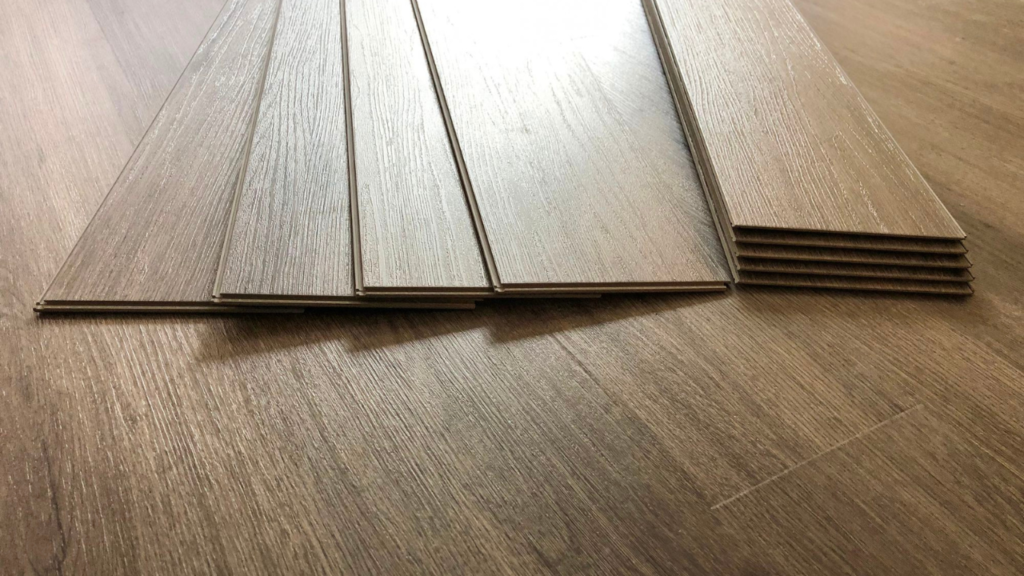
Vinyl flooring is a synthetic material that mimics wood, tiles, or stone. It is affordable, stylish, and easy to install.
Pros
- Soft and comfortable underfoot
- Water-resistant and easy to clean
- Available in a variety of colors and styles
- Affordable compared to tiles and marble
Cons
- Can wear out over time
- Not as durable as tiles or concrete
- Susceptible to scratches
Best For
Bedrooms, rental apartments, and temporary buildings.
See also – what is vinyl flooring | advantages and disadvantages
5. Wooden Flooring (Engineered and Hardwood)
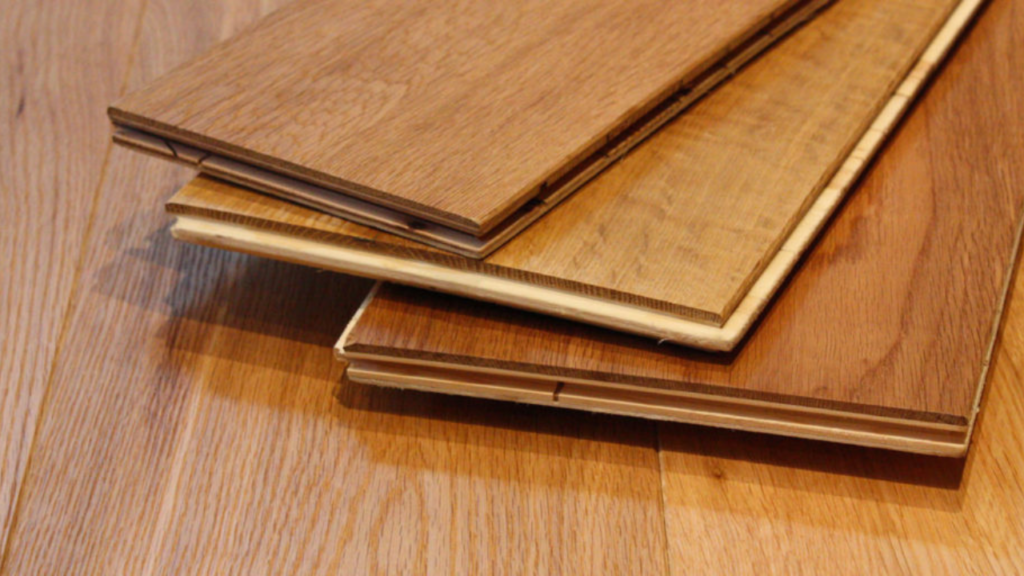
Wooden floors offer a classic, warm, and luxurious feel but are not very common in Nigeria due to humidity concerns. Engineered wood is more resistant to moisture than solid hardwood.
Pros
- Beautiful and luxurious
- Warm underfoot
- Can increase property value
Cons
- Expensive to install
- Not ideal for humid or flood-prone areas
- Requires maintenance to prevent damage
Best For
Luxury homes, offices, and hotels.
6. Laminate Flooring
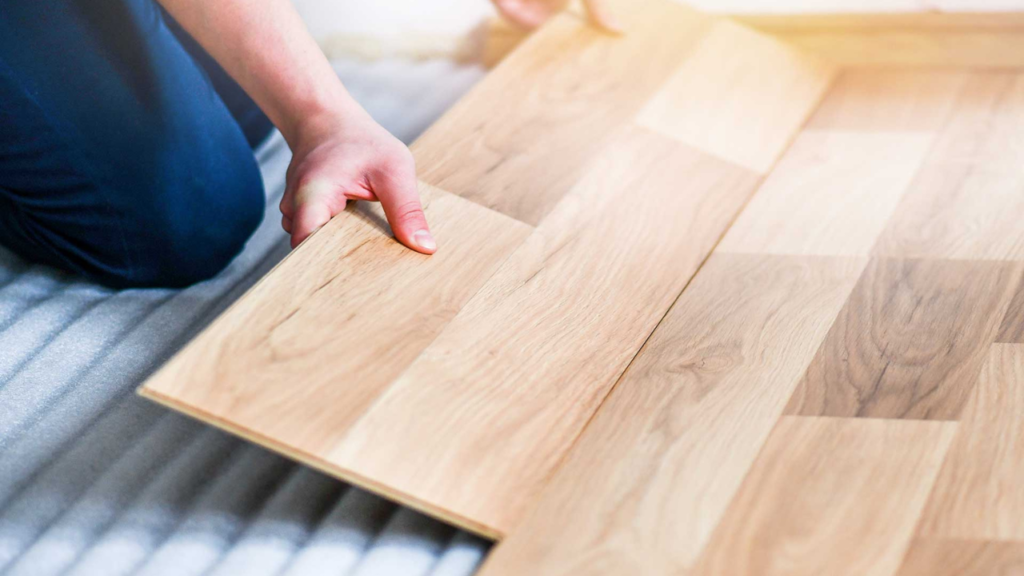
Laminate flooring is a synthetic alternative to wood, offering a similar look at a lower price.
It is durable and easy to install.
Pros
- Looks like real wood
- Affordable compared to hardwood
- Scratch-resistant
Cons
- Can be damaged by moisture
- Not as long-lasting as real wood
Best For
Bedrooms and offices.
See also – 7 essential financial steps to building a house in Nigeria
7. Carpet Flooring
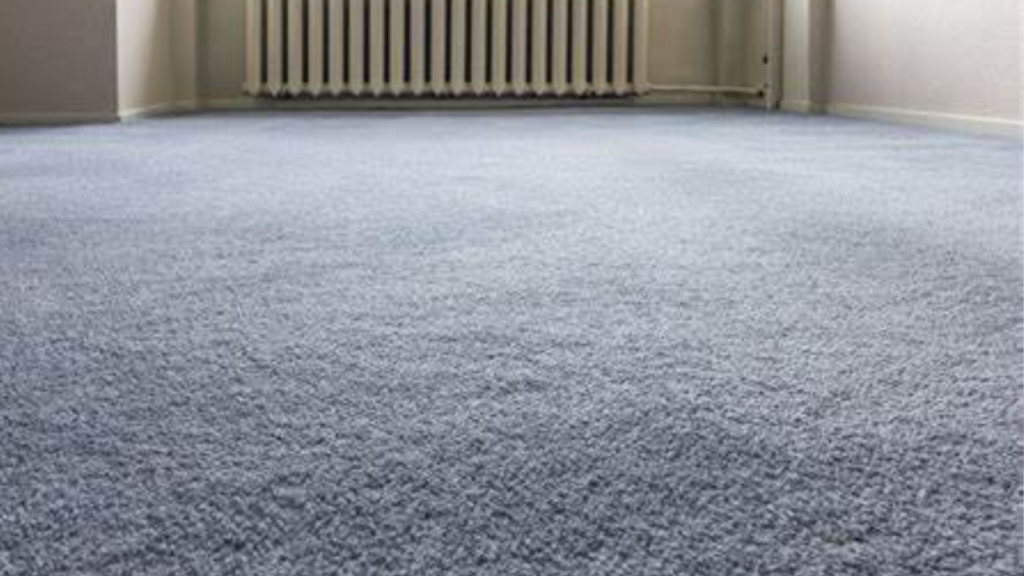
Carpet flooring provides warmth and comfort but is not very common in Nigeria due to the hot climate.
Pros
- Soft and comfortable
- Reduces noise levels
- Provides warmth in colder areas
Cons
- Hard to clean and maintain
- Not suitable for dusty environments
- Can trap dust and allergens
Best For
Bedrooms and offices in cooler regions.
Which Flooring Material is Better?
The best flooring material depends on your needs
Lets factor the Best Choice
For durability, go for Terrazzo, Concrete or Porcelain Tiles.
Based on affordability go for Vinyl, Concrete or Ceramic Tiles.
For Luxury & Elegance you can go for Marble Tiles, Wooden Flooring or Terrazzo.
Based on Low Maintenance go for Porcelain Tiles, Concrete or Vinyl.
For Comfort, Vinyl, Carpet or Wooden Flooring are advised to be used.
Moisture Resistance flooring materials are Porcelain Tiles, Vinyl, Concrete.
Scratch Resistance flooring materials are Terrazzo, Concrete, Porcelain Tiles.
Bullionrise consult final Recommendation:
- For general home use: Porcelain tiles (balance of durability, beauty, and affordability).
- For budget-friendly options: Vinyl flooring or ceramic tiles.
- For high-end projects: Marble tiles or terrazzo.
- For outdoor spaces: Concrete or stamped concrete.
- For offices and commercial spaces: Laminate flooring or wooden flooring.
Conclusion
There is no one-size-fits-all when it comes to flooring in Nigeria.
The best flooring material depends on budget, durability, aesthetics, and climate.
Porcelain tiles remain the most popular and versatile choice due to their strength, elegance, and ease of maintenance.
However, vinyl, terrazzo, concrete, and wooden flooring are also great options based on specific needs.


